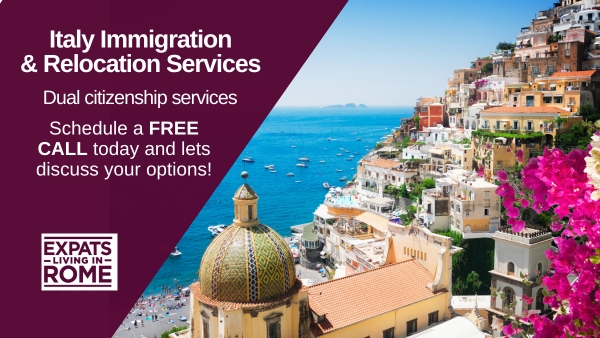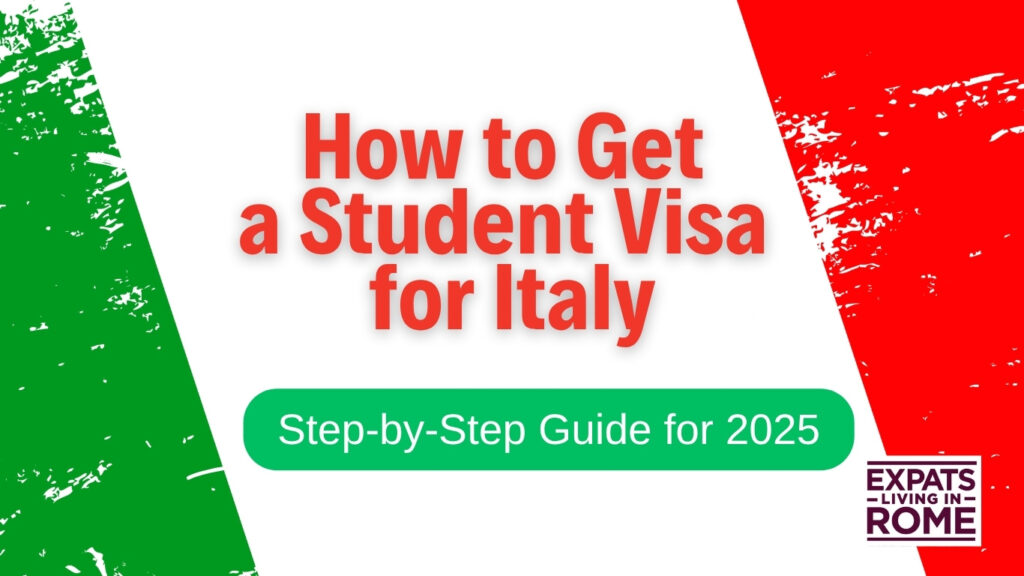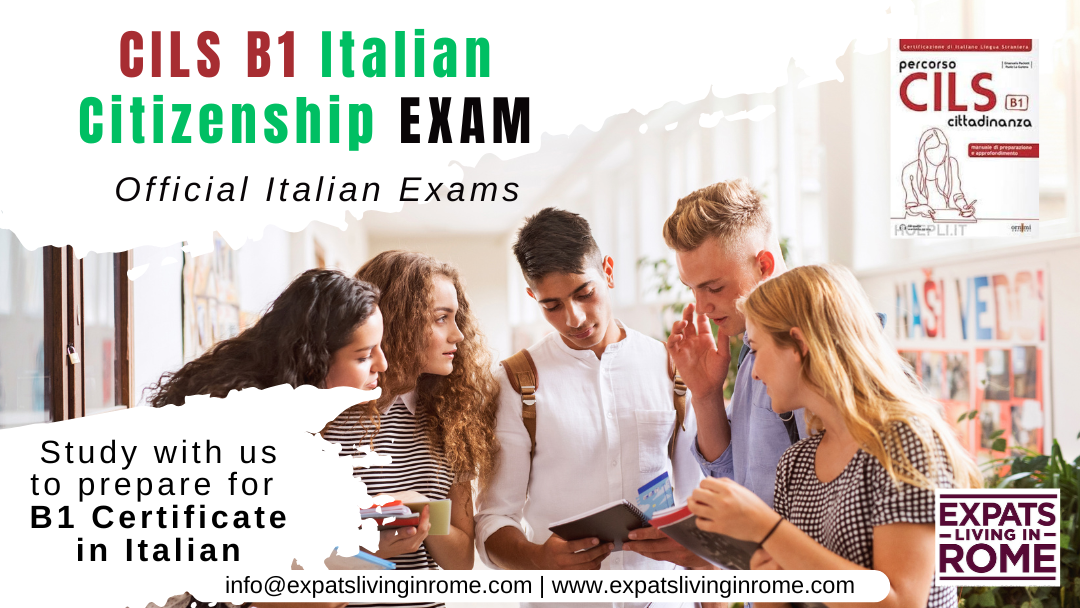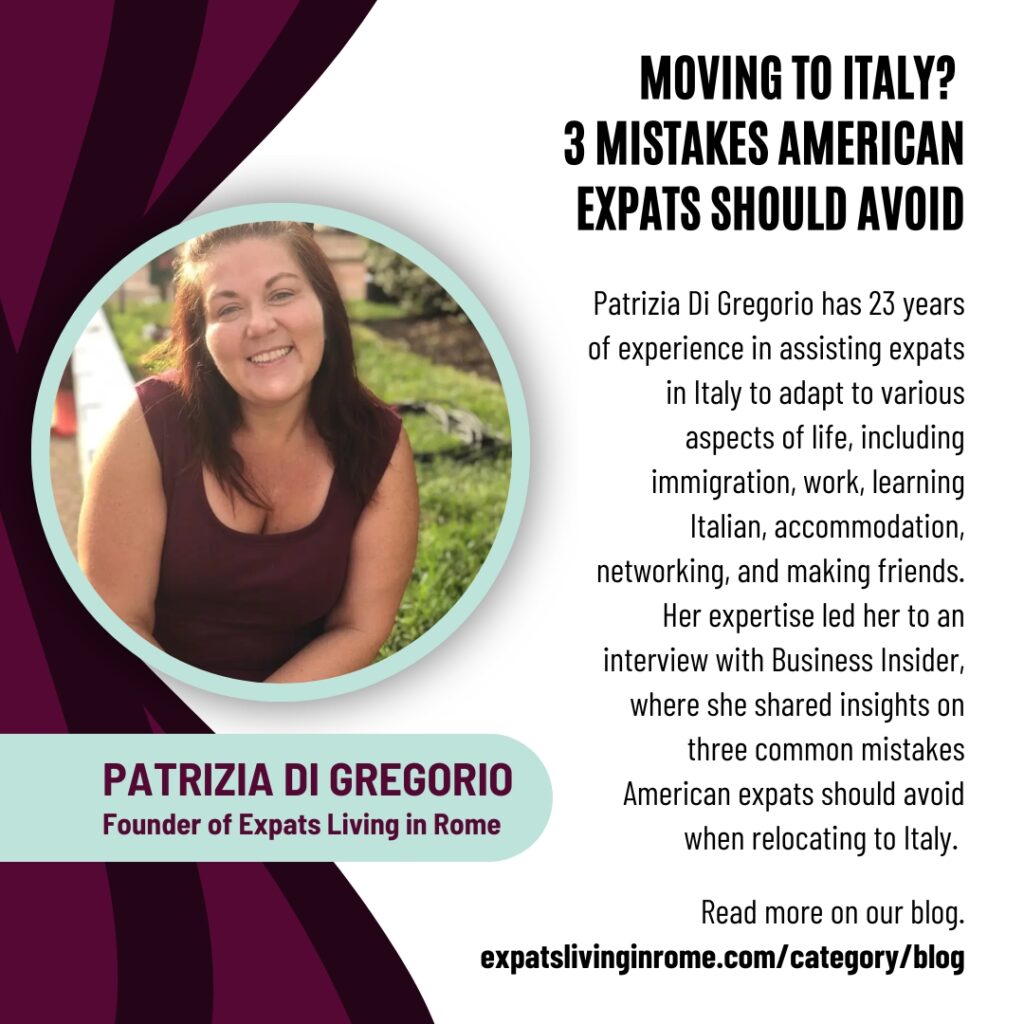Navigating Italian Bureaucracy: A Guide for Expats in Italy
If you’re considering a move to Italy, you’re not alone. The country’s beautiful landscapes, rich culture, and delicious cuisine are just a few of the reasons why expats are drawn to Italy. However, moving to a new country can be a daunting process, and Italy is no exception. In this article, we’ll take a look at the pros and cons of moving to Italy, provide legal advice for expats, and discuss what you can expect from the Italian bureaucracy and processes.
Pros of Moving to Italy
Beautiful Scenery
From the rolling hills of Tuscany to the stunning coastlines of the Amalfi Coast, Italy’s natural beauty is hard to beat.
Rich Culture
Italy is famous for its art, music, fashion, and cuisine. As an expat, you’ll have the opportunity to immerse yourself in this rich culture and learn new skills and perspectives.
Food and Wine
Italy is a food lover’s paradise, with delicious pasta, pizza, gelato, and wine. As an expat, you’ll have access to some of the best food and wine in the world.
Quality of Life
Italy is known for its relaxed lifestyle, with plenty of opportunities for leisurely strolls, coffee breaks, and long dinners with friends.
Cons of Moving to Italy

Bureaucracy
The Italian bureaucracy can be slow and frustrating, and navigating the complex systems and processes can be challenging for expats – But the good thing is that you know us and we could help you get through the worst part of this with our Legal team!
Language Barrier
Although many Italians speak English, the language barrier can still be a hurdle for expats, particularly in more rural areas.
Cost of Living
Italy can be an expensive country to live in compared to others, particularly in major touristic cities like Rome and Milan. You can check online the cost of certain things in websites like Numbeo.
Unemployment
Italy has a relatively high unemployment rate, particularly among young people. Finding work as an expat can be difficult, particularly if you don’t speak Italian. Good thing you can check on our Facebook Group or Newsletter for any open position!
Legal Advice for Expats Coming to Italy
If you’re planning to move to Italy, it’s important to be aware of the legal requirements and processes involved. Here are some tips to help you get started:
• Obtain a Visa: Depending on your nationality and the purpose of your stay, you may need to obtain a visa before you can enter Italy. The Italian embassy or consulate in your home country can provide more information.
• Register with the Local Authorities: Once you arrive in Italy, you’ll need to register with the local authorities within eight days. This process is called the “residenza” and involves obtaining a codice fiscale (tax code) and registering your address with the local police.
• Obtain a Permesso di Soggiorno: If you plan to stay in Italy for more than three months, you’ll need to obtain a permesso di soggiorno (residence permit). This process can be complex and time-consuming, so it’s a good idea to seek legal advice.
• Understand Your Tax Obligations: If you’re working in Italy or earning income from Italian sources, you’ll need to pay taxes in Italy. It’s important to understand your tax obligations and seek advice from a professional if necessary.
Italian Bureaucracy and Processes
As mentioned earlier, the Italian bureaucracy can be slow and frustrating. Here are some tips to help you navigate the process:
• Be Patient: The Italian bureaucracy is known for its slow pace, so it’s important to be patient and persistent.
• Seek Help: If you’re struggling with the bureaucracy, don’t be afraid to seek help from a professional or a local Italian friend. Or you can also contact us and our legal team can give you a free call to discuss your situation! Email us at [email protected]
If you want to receive more information about this topic, make sure you subscribe to our Newsletter and don’t miss out on anything! We are here to help you feel at home.

Single Female Travelers in Italy: Practical, confident, and connected
Rome rewards curiosity and courage. This guide offers grounded tips, cultural insight, and community support so you can explore with confidence—day and night, solo and on your own terms. Start with confidence “Solo doesn’t mean alone.” In Rome, you’ll find friendly locals, layered history, and a vibrant expat network. A little preparation goes a long […]
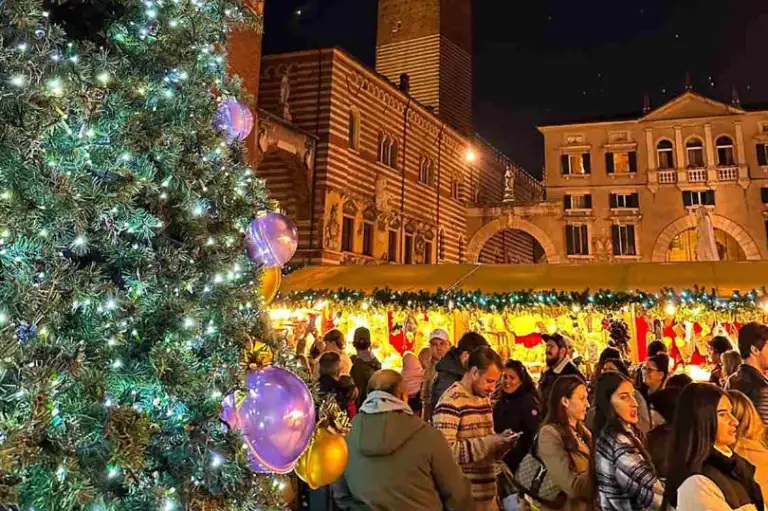
Christmas in Italy 2025: A Magical Season for Expats Across Italy
Christmas in Italy isn’t just a holiday — it’s a season full of history, flavor, celebration, and heartfelt traditions that bring families, towns, and entire regions to life. Whether you’re an expat experiencing your first Italian Christmas or a returning fan of the magic, 2025 promises some beautiful celebrations across the country. Here’s what to […]

Tax Residency Incentives in Italy — Your Guide (2025)
Italy offers several tax incentives designed to attract retirees, entrepreneurs, high-net-worth individuals and remote workers. These regimes can be extremely generous — but they are complex and often conditional. This guide explains the main options in 2025, who qualifies, and how we can help you plan a compliant move. Why Italy Offers Tax Incentives Italy […]

Navigating Healthcare in Rome: A Guide for Expats with English-Speaking Doctors
Moving abroad is exciting, that is until real life hits. I came to Italy from Alaska in 2021 for what was supposed to be a four-month study program in Florence. Four years later, I’m still here, now living and working in Rome. When we plan our dolce vita, we think about pasta, museums filled […]

Major Tax Incentives for Home Renovation in Italy (2024-2033)
Taxpayers carrying out renovation work on residential buildings and common areas of residential complexes in Italy are entitled to claim significant tax relief. This benefit allows individuals to deduct a portion of the expenses incurred from their Italian personal income tax (Irpef). This article outlines the rules, beneficiaries, and changing deduction rates for these home […]
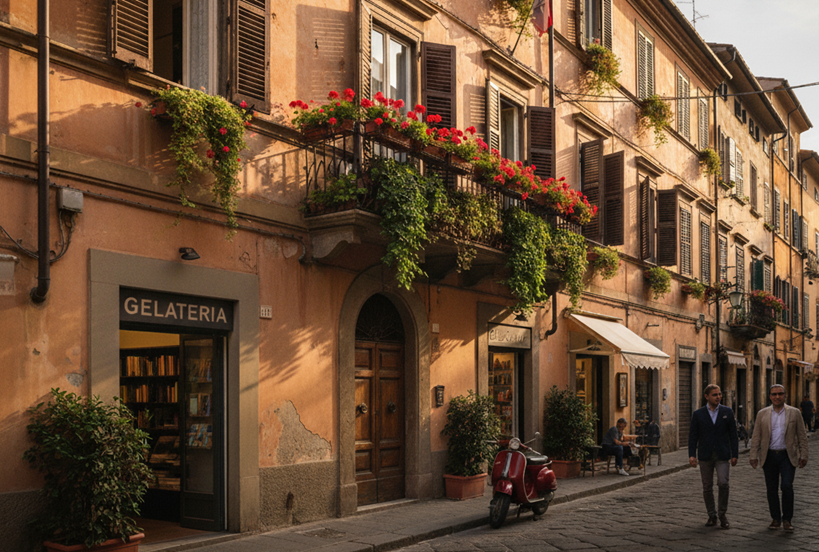
How to Save on Taxes When Buying Your First Home in Italy
Buying a first home in Italy comes with significant tax benefits and incentives designed to make property ownership more accessible. Whether you are an Italian national or a foreigner, understanding these advantages can translate into substantial savings on your property purchase. The “Prima Casa” regime is essentially a set of tax reliefs applicable to the […]

Bringing Your Family to Italy: A Guide for Non-EU Citizens
For non-EU citizens residing in Italy, having your family with you is a tangible goal. Italian law provides a framework for family reunification, allowing you to bring close relatives to live with you under specific conditions. This guide outlines the key requirements, procedures, and rights to help you navigate the process. Who Can Apply for […]

How to Become a Self-Employed Worker in Italy
Are you a non-EU citizen wishing to work as a self-employed worker in Italy? This guide explains the conditions you must meet, the procedures to follow, and the rights you can enjoy during your stay. Conditions for Self-Employment To legally engage in independent work in Italy, non-EU citizens must satisfy several conditions and obtain the […]
